Description
Epoetin Injection Overview
General Information
Epoetin Injection is a synthetic form of human Erythropoietin (EPO), a hormone naturally produced by the kidneys (and to a lesser extent, the liver) that stimulates red blood cell (RBC) production in the bone marrow. It is primarily used to treat severe anemia in patients with chronic kidney disease (CKD), whether on dialysis or not. Epoetin can also be used to treat other forms of anemia. Additionally, EPO plays a role in initiating hemoglobin synthesis, the molecule responsible for oxygen transport in RBCs.
An EPO blood test can measure hormone levels, helping diagnose conditions like bone marrow disorders. Abnormal EPO levels may indicate underlying medical issues.
Administration
Epoetin is administered to regulate erythrocyte (RBC) production and maintain physiological RBC mass.
- For patients preparing for autologous blood donation, administer after blood is drawn.
- For CKD patients on hemodialysis, inject into the venous line at the end of the dialysis session.
Response to Treatment
- Reticulocyte (immature RBC) counts increase within 10 days of starting treatment.
- RBC count, hemoglobin, and hematocrit levels typically rise within 2 to 6 weeks.
Dosage and Usage
- Dissolve the powder with the provided solvent by gently swirling the vial (do not shake).
- Ensure the solution is clear, colorless, and free of particles.
- Use a 26-gauge needle to withdraw the required dose. Replace the needle before injecting.
Storage
- Recommended Temperature: 2°C to 8°C (36°F to 46°F).
- Do Not Freeze: Protect from light and avoid shaking.
- Prefilled Syringes: No preservatives; use one dose per syringe and discard any unused portion.
- Room Temperature Excursions:
- Before reconstitution: Up to 2 days.
- After reconstitution: Store at 2°C to 8°C and discard after 1 month.
Overdose Effects
Excessive EPO can lead to:
- Polycythemia: Abnormally high RBC count.
- Chronic low oxygen levels or rare tumors producing high EPO levels.
Side Effects
Common side effects include:
- Increased blood pressure.
- Joint, muscle, or bone pain.
- Fever, chills, or cough.
- Insomnia, dizziness, nausea, or vomiting.
- Itching, rash, mouth pain, or difficulty swallowing.
- Headache.
Conclusion
Epoetin Injection is a vital treatment for anemia, particularly in CKD patients. Proper administration, dosage, and storage are crucial for its effectiveness and safety. Monitor for side effects and consult healthcare providers for any concerns.
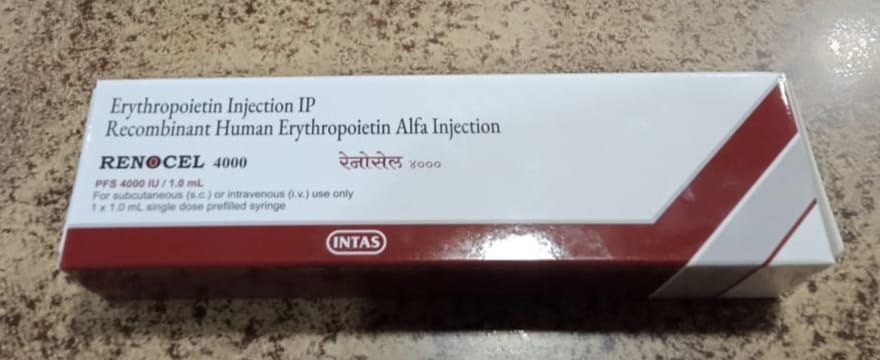
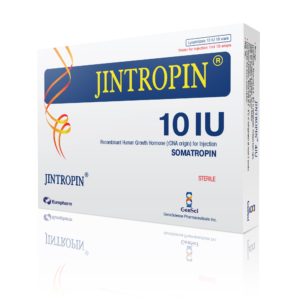
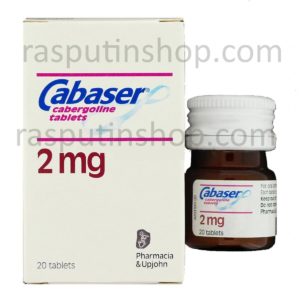
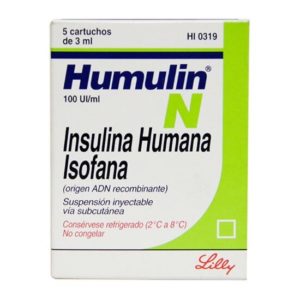
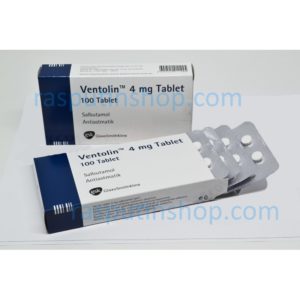
Reviews
There are no reviews yet.